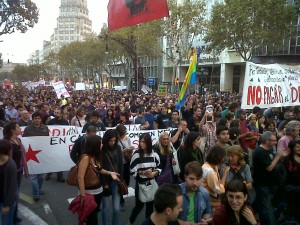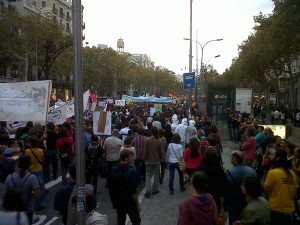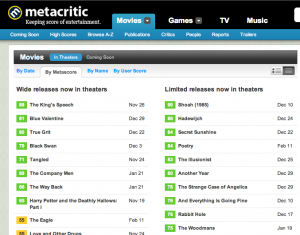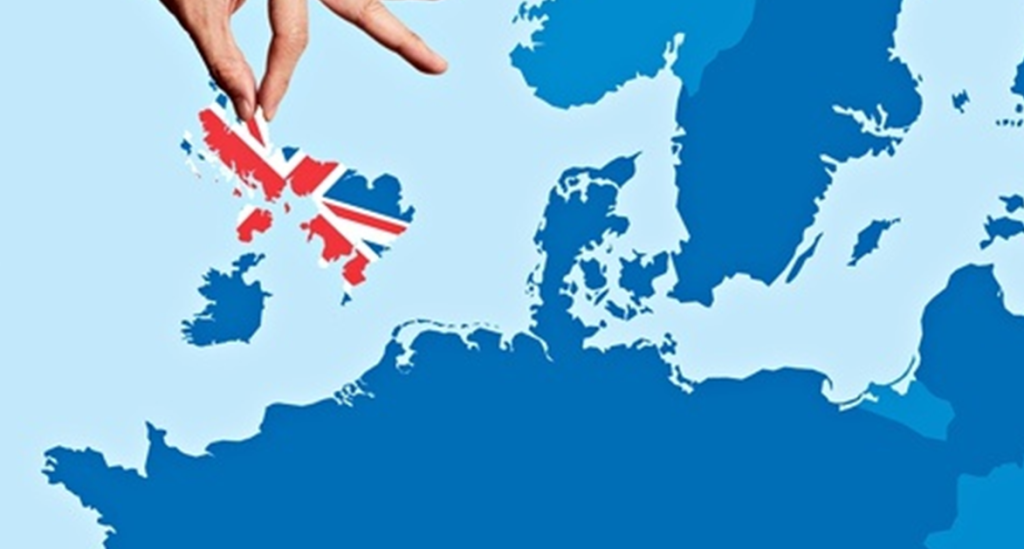
What a crazy year we are having. In the wake of the British vote to leave the EU (“Brexit”), it is increasingly becoming clear to me just how very right Donald Trump is…
No, not right about policy. Or economics. Or anything that involves thinking.
But one thing he appears to be absolutely right about is why and how people make decisions. As we learned from the playbook for selling the intellectual snake oil that was Trump University:
“You don’t sell products, benefits or solutions — you sell feelings.”
Bingo. Which is why facts are so useless in dealing with the Trumps of the world. Or the Brexits. Or the Catalonian independence types, or the Quebecois separatists, etc. etc.
Another highlight in this section is about selling by approaching people’s “problems”:
- Customers don’t have need—they have problems.
- A lot of sales training and books tell you about the importance of selling to customer needs. Although this is basically true, customers don’t sit down and think, “I’ve got a need.” Instead, they experience problems and seek solutions to them.
- The customer has to perceive the problem, of course. You may perceive the problem, but if the customer doesn’t, then there’s no way they can bite the solution line.
- So the sales job is about finding, eliciting and solving these problems.
So, instead of finding needs and providing solutions, Trump (and his ilk) find problems and provide feelings. Strength for the weak. Security for the frightened. Clarity for the confused. It’s a pretty potent pitch, especially compared to co-called technocrats, talking about money and data and empty little facts.
Personally, I don’t view the Brexit vote as the end of the world. Markets have roiled mostly because no one thought this would actually happen, and markets don’t like to be surprised. But how this all shakes out politically, I have no idea.
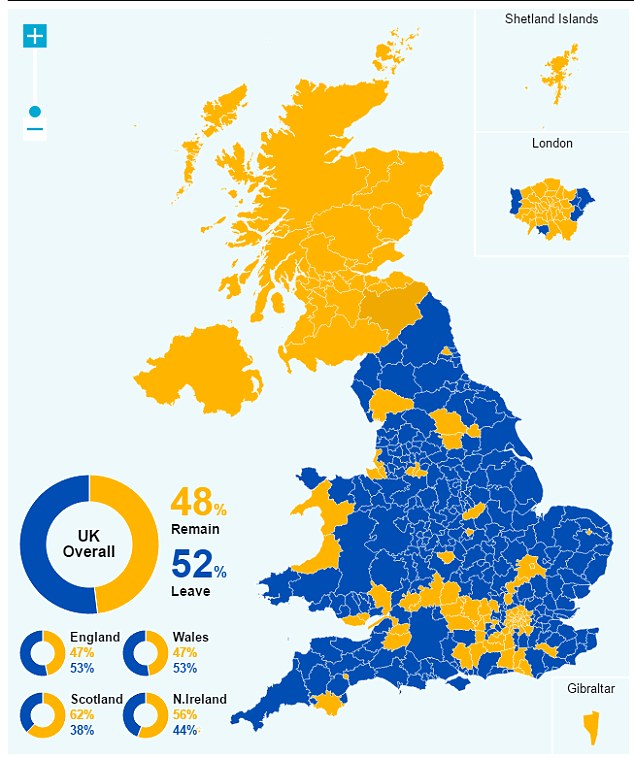
As someone who has a UK passport, I’ll be sad if that becomes a lesser document. I like the idea of trying to bring the world and people together. I hope the UK politicians figure out how to fix things before it’s too late.
But the powers-that-be having been mucking things up around much of the world for far too long. Promising benefits that never come, or demanding sacrifices that don’t actually help. Only when politicians and others begin to recognize people’s real problems and feelings, and present their ideas for the future in those terms, are we going to see things get better.
